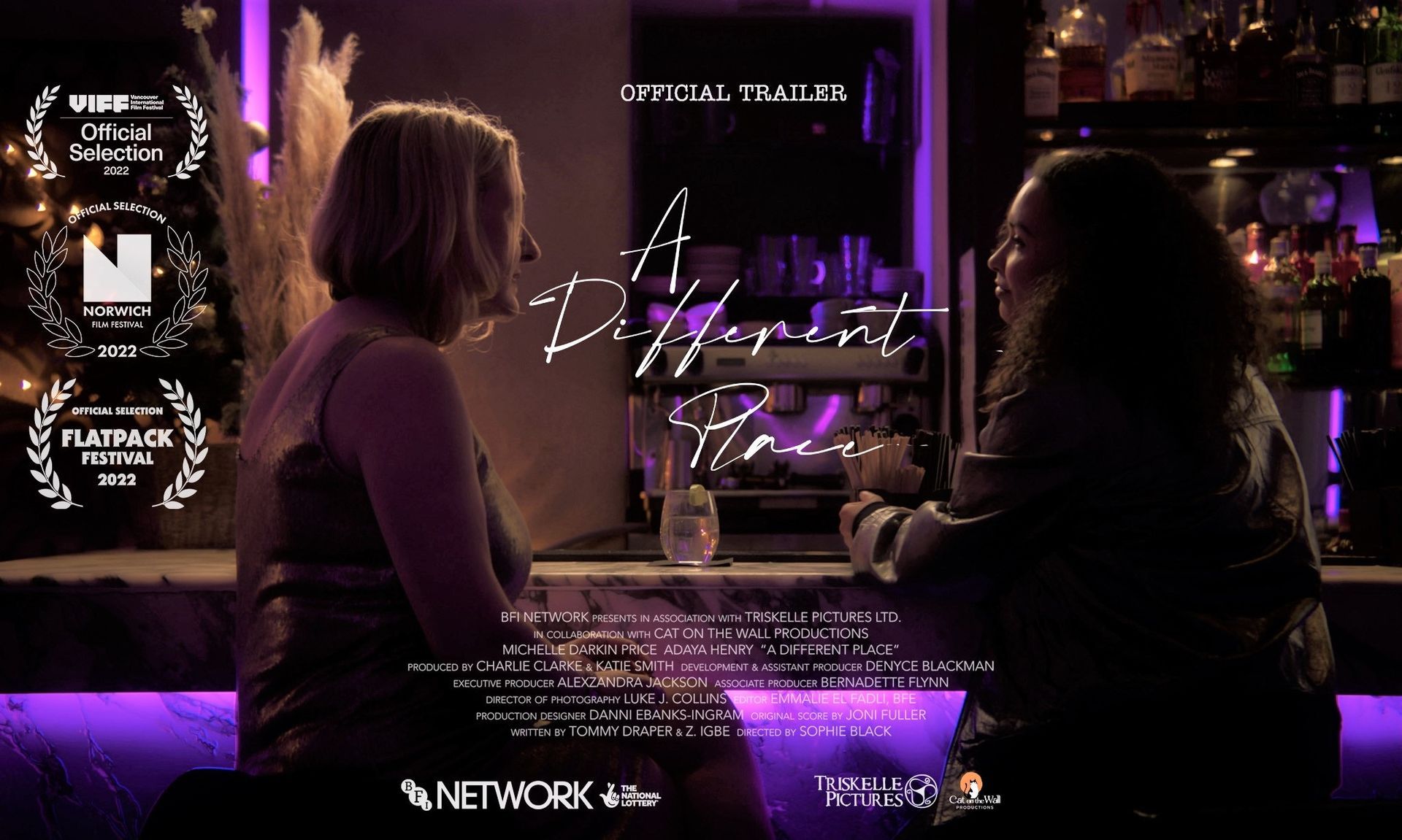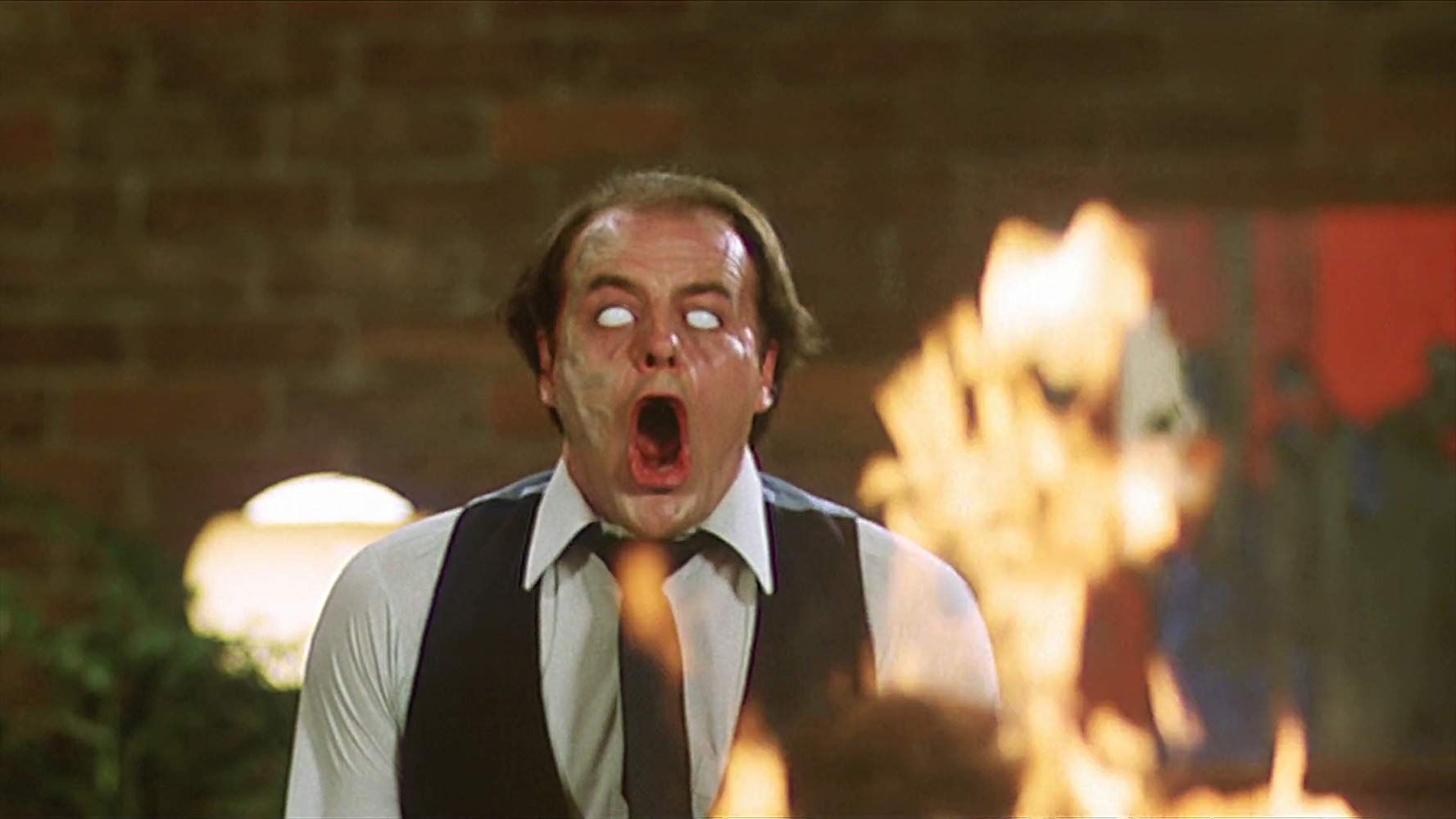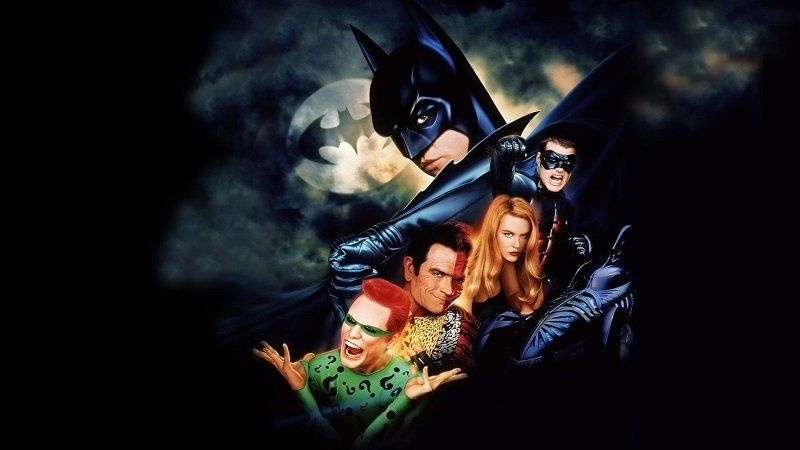Midlands Review of A Different Place

A Different Place
Directed by Sophie Black
Triskelle Pictures
2024
Triskelle Pictures has quickly become a marker for quality Midlands productions, especially the pictures helmed by founder Sophie Black, who has a rare consistency regardless of the genre she is working in.
A Different Place sees Black working from a script co-written by Tommy Draper and Zane Igbe. It’s a short film that handles its big themes and sensitive subject matter with a delicacy and respect. Michelle Darkin Price plays Evelyn, a 40-something mother of two, who embarks on a lesbian one-night-stand with Cleo (Adaya Henry).
Their tryst leads to a conversation about identity. Evelyn has hidden her true self; conforming to what was expected of her. Expected by a society that refused to acknowledge homosexuality in a positive light, by her family and then, later by her husband.
“Everyone was so happy, I though I was too.”
Evelyn’s internal conflict is perhaps best summed up when she tells Cleo that her best friend knows that she is cheating on her husband, but believes it is with a man. Her feelings on her sexuality, making it is easier to admit to infidelity than to an attraction to women.
Cleo on the other hand is true to herself, though we never explore her background thoroughly – there’s an argument that the story would benefit from a little more detail about Cleo’s experiences, but here she is perhaps best used as a conduit for Evelyn’s struggle.
While A Different Place is dialogue heavy, the differences between the characters are highlighted by the excellent, naturalistic performances. Price plays Evelyn as a ball of nerves, fidgeting at the bar as she waits the date, and then almost curling herself into a ball as they discuss her life. This contrasts wonderfully with Henry, who brings a light, inoffensively cocky air to Cleo as she sips Evelyn’s drink when they meet, or vapes at the window, leaning against the wall.
By the end, Evelyn must choice whether to be true to herself and risk the turmoil that breaking up her family will cause or continue hiding who she is. There’s no ambiguity about what the right choice is – no one should ever hide their true self, especially over their sexuality – but there is a reluctant acceptance that not everyone is in the position to be as open and free as Cleo appears to be.
But this slightly downbeat ending is tempered by Price’s acting choices. Evelyn seems to stand a little taller at the end of the film, her self-acceptance being the most difficult step in the journey ahead.
★★★★
4 / 5
Matthew Tilt
Twitter @Matthew_Tilt





